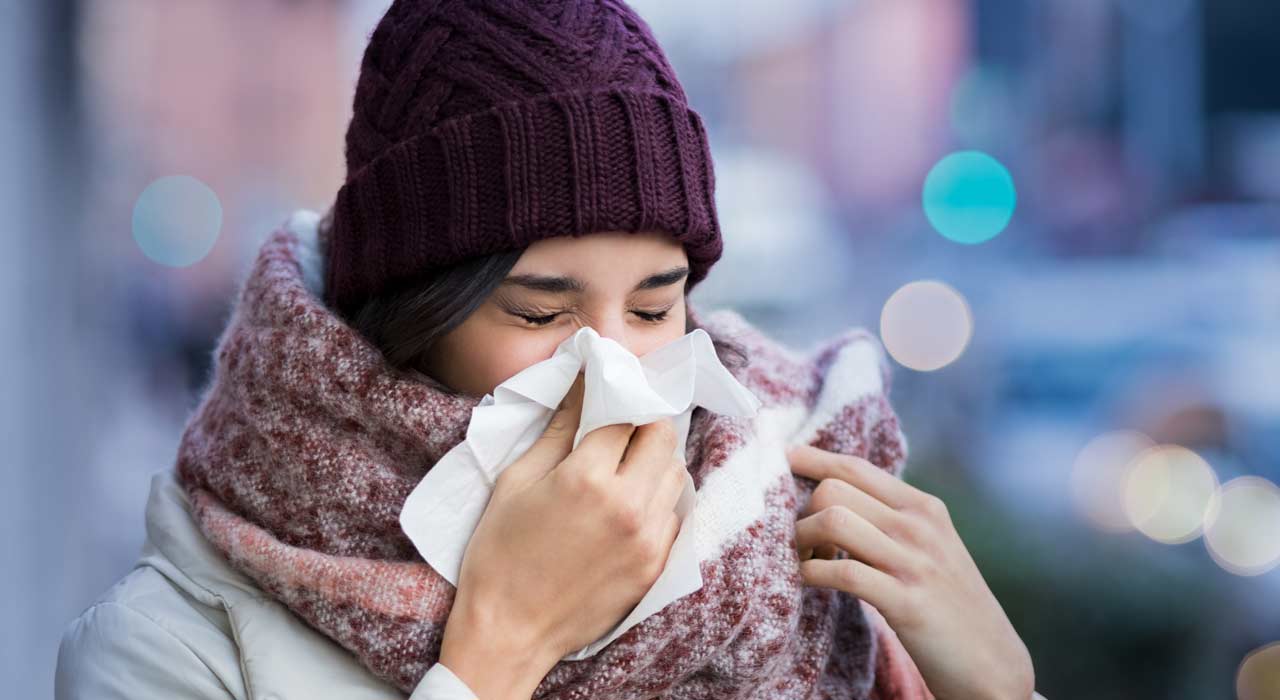Health
Does Cold Weather Cause Colds?
It’s a rumor that has been spread for generations – the common cold is caused by cold weather. For decades our parents have warned us against going outside with wet hair, told to wrap up warm and prepare for battle when the colder weather arrives, but is it all in vain?
How do we catch a cold?
The common cold is a viral infection of your nose and throat that spread through droplets in the air when someone coughs, sneezes or talks and also by hand-to-hand contact.
When you ‘have a cold’, it’s more likely that you have one of many bugs, nasopharyngitis, rhinopharyngitis or acute coryza. They cause the symptoms we associate with having a cold: a runny nose, sore throat, bad cough and sneezing.
Is the weather to blame?
It’s no secret that during the winter months we’re more likely to catch a cold but the plummeting temperature isn’t to blame – well not entirely. The reason we’re all coughing and sneezing is because of what we do when it’s cold outside.
Instead of getting out in the sunshine, we’re forced inside by the weather and are a lot closer to other humans than during other, warmer, times of the year.
Being forced to spend more time around potentially infected strangers makes you more susceptible and thus, more likely to catch a cold.
– RELATED : Is Your Home Harming Your Health? –
Truth in the tale
However, there may be some truth in this old wives’ tale. Mucosa is the membrane that lines your trachea, the back of your throat and your sinuses. When it’s cold outside, the membrane gets dry and viruses that invade the mucosa start growing which eventually leads to a cold.
Also, research published in the Proceedings of National Academy of Sciences has found that rhinoviruses, the most common cause for colds, reproduce better when your body’s temperature is below 98.6 degrees Fahrenheit.
In this instance, when your cells are warmer, they produce more interferons which are proteins that warn healthy cells of the virus and set off an immune response. When the cells are cooler, this warning system is less efficient and the virus spreads easier.
What’s the answer?
While it is true that in the winter you are more likely to get a cold, it’s not the temperature’s fault. It’s our reaction to the temperature and what it can do to our body.
So, stay warm, get plenty of fresh air and maybe keep away from strangers.
For more health advice, sign up for the TRAIN for HER newsletter.






















